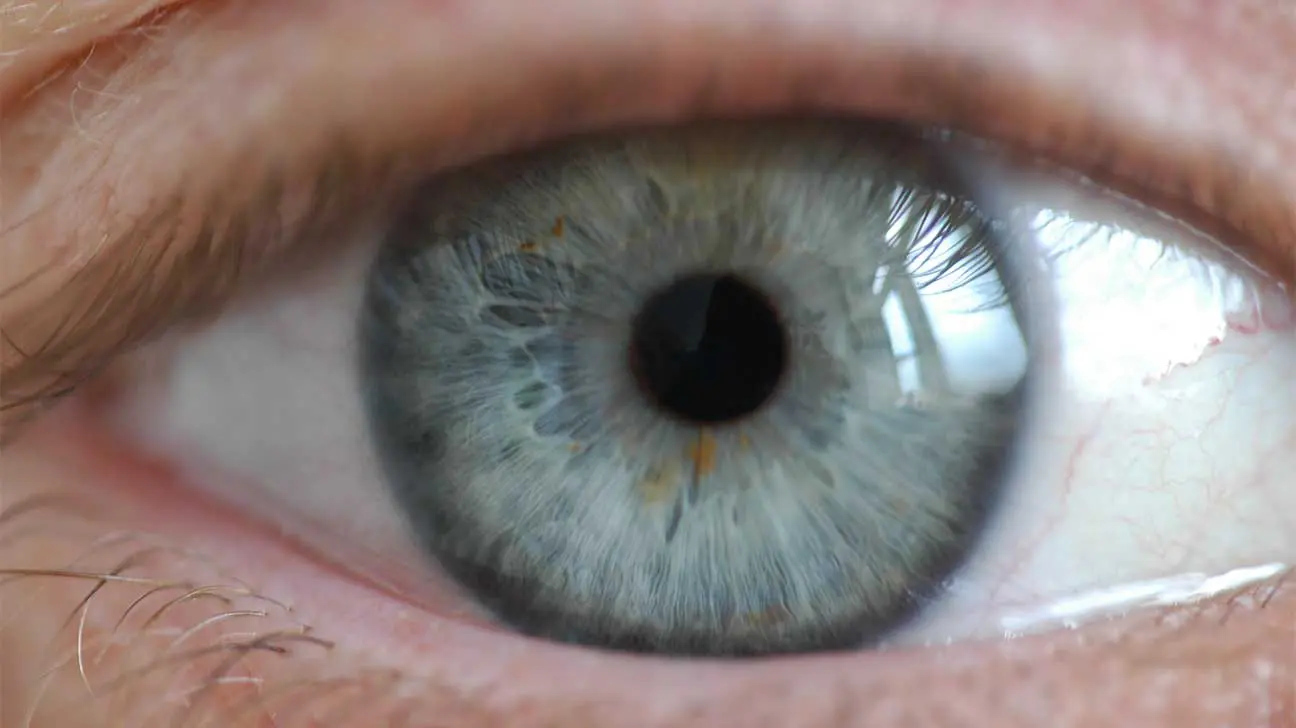
MDMA, more commonly known as molly or ecstasy, is a synthetic drug that causes hallucinations and feelings of euphoria. It is one of the most common drugs consumed recreationally today.
Taking Molly will cause rapid eye movement and blurred vision. This can result in an inability to focus and illogical thinking. Over time and with extended use a person’s overall cognitive function will suffer.
The effects of Molly usually begin within about 45 minutes after taking it, and generally last for about three to six hours.
Molly And Rapid Eye Movement
Molly is known to both alter a person’s perception as well as enhance their mood.
Molly has been known to cause a condition called nystagmus, which is repetitive, uncontrolled eye movements. These movements can occur side to side, up and down, or in a circular motion.
This rapid eye movement can give the user the feeling that their eyes are shaking or wiggling and has been described as very unpleasant by people who have experienced it.
A person’s balance and coordination are also affected by these rapid eye movements. Their depth perception and overall vision can also be impaired.
Molly And Blurred Vision
Molly also commonly causes blurred vision to occur in those who take it. In this case, a person’s eyesight will become cloudy or dim and their general field of view will be out of focus.
The consumption of alcohol or other drugs alongside molly will make the effects stronger. Some people have reported episodes of blurred vision lasting for several months after their last dose of molly.
Find Addiction Treatment Today
If you or a loved one is currently seeking an addiction treatment program, reach out to AddictionResource.net today for more information.
We can provide guidance on drug rehab programs that can help you achieve long-lasting recovery.
Addiction Resource aims to provide only the most current, accurate information in regards to addiction and addiction treatment, which means we only reference the most credible sources available.
These include peer-reviewed journals, government entities and academic institutions, and leaders in addiction healthcare and advocacy. Learn more about how we safeguard our content by viewing our editorial policy.
- Michigan Medicine — Ecstasy (MDMA)
https://www.uofmhealth.org/health-library/uq2447 - National Institute on Drug Abuse — What are the effects of MDMA?
https://www.drugabuse.gov/publications/research-reports/mdma-ecstasy-abuse/what-are-effects-mdma - U.S. National Library of Medicine — Ecstasy-induced optic disc swelling and consequent visual loss
https://www.ncbi.nlm.nih.gov/pmc/articles/PMC7154204/


